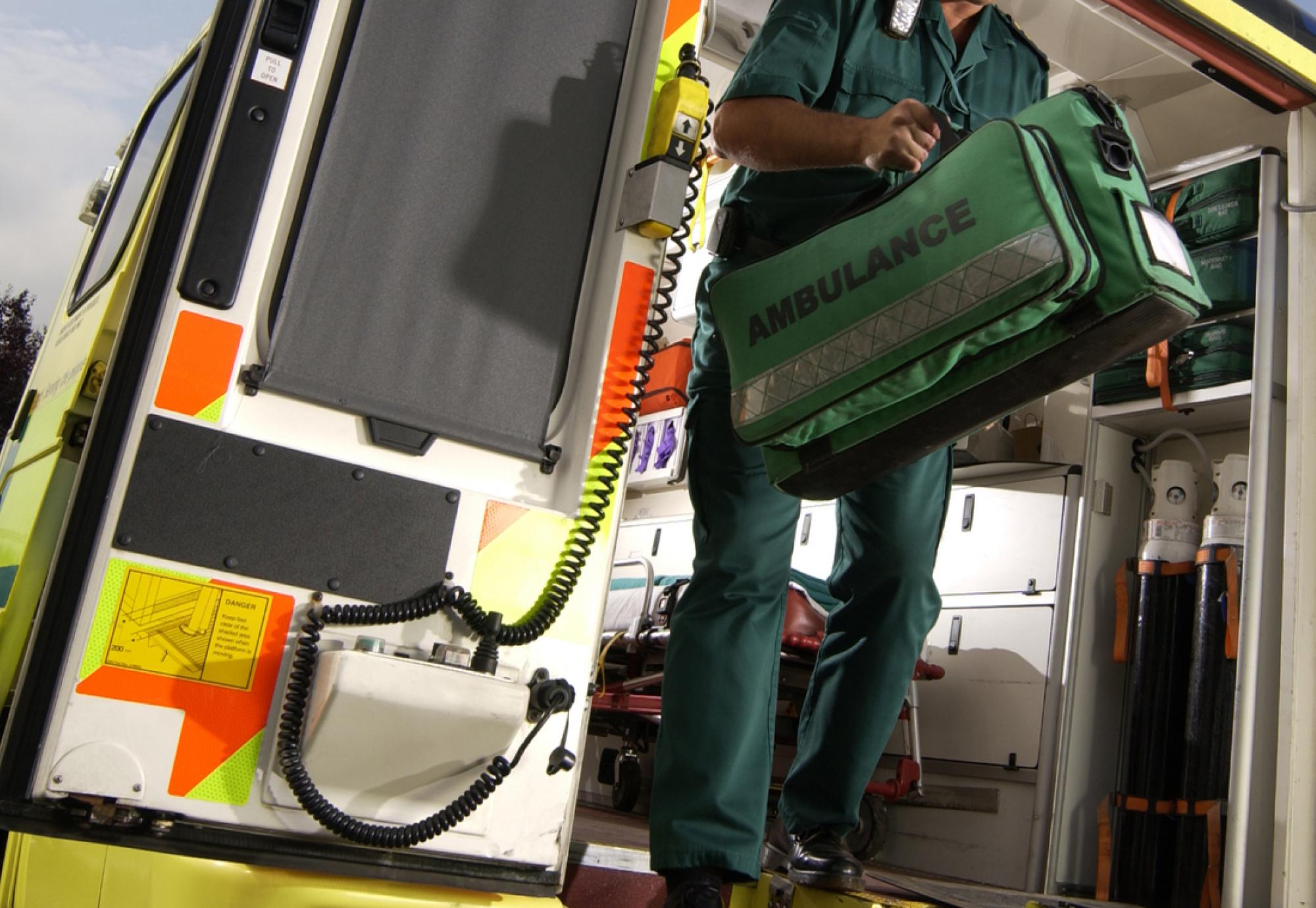Despite combatting the combination of traditional winter pressures and the ongoing industrial action, some of the latest data has shown how patients benefited from faster ambulance response times last month.
The monthly performance statistics published today indicate that ambulances attended 72,861 of the highest priority Category 1 calls in January, which is the equivalent of a 20% jump from the same month in 2020.
Despite this, ambulance response times improved across the board with Category 2 times coming in an hour faster than December, whilst Category 1 times dropped by two-and-a-half minutes from 11 minutes in December to eight-and-a-half minutes in January.
The NHS’s 111 line has also been seeing near-record activity with almost three million calls in December – the highest since the very start of the pandemic in March 2020.
All this good work comes in the face of continued bed-blocking problems with the data also showing how that, on average day in January, only 45.8% of patients who were ready to leave hospital were discharged, meaning almost 14,000 people spent more time in hospital than needed.
Industrial action also caused disruption to patients, with 35,000 elective procedures and appointments being rescheduled in December, 32,450 having to be rebooked across five days of strikes in January, and 41,425 appointments and procedures being rescheduled as a result of the industrial action earlier this week.
The NHS also managed to reduce the number of patients waiting for diagnostic tests with approximately 50,000 less people waiting in December than there were in November.
The NHS’s National Medical Director, Professor Sir Stephen Powis, said: “Today’s figures show that despite ongoing pressures across the health service, including industrial action, NHS staff are continuing to work flat-out to deliver the best care for patients, with ambulance response times improving last month as the NHS continued to progress on its winter plan.
“Separate figures also show the number of people in hospitals with norovirus has jumped significantly, which is a reminder that while flu cases continue to go down other viruses are still a very real concern, and often means additional unoccupied beds need to be closed to prevent the virus spreading to other patients, putting more pressure on bed capacity.
“And while strike action inevitably impacted on progress on the waiting list backlog, the NHS is making good progress toward virtually eliminating 18-month waits by April.
“So as ever it is vital that people do not put off seeking care and come forward for treatment – using 111 online for non-life threatening care, as well as local pharmacies or general practice, or dialling 999 in a life-threatening emergency.”



















